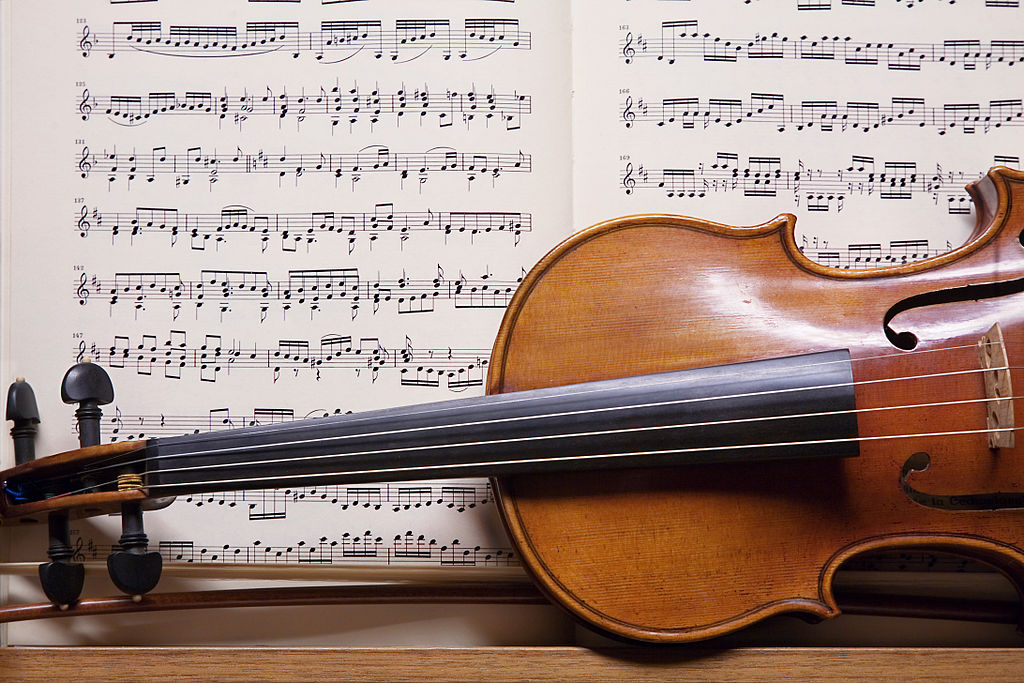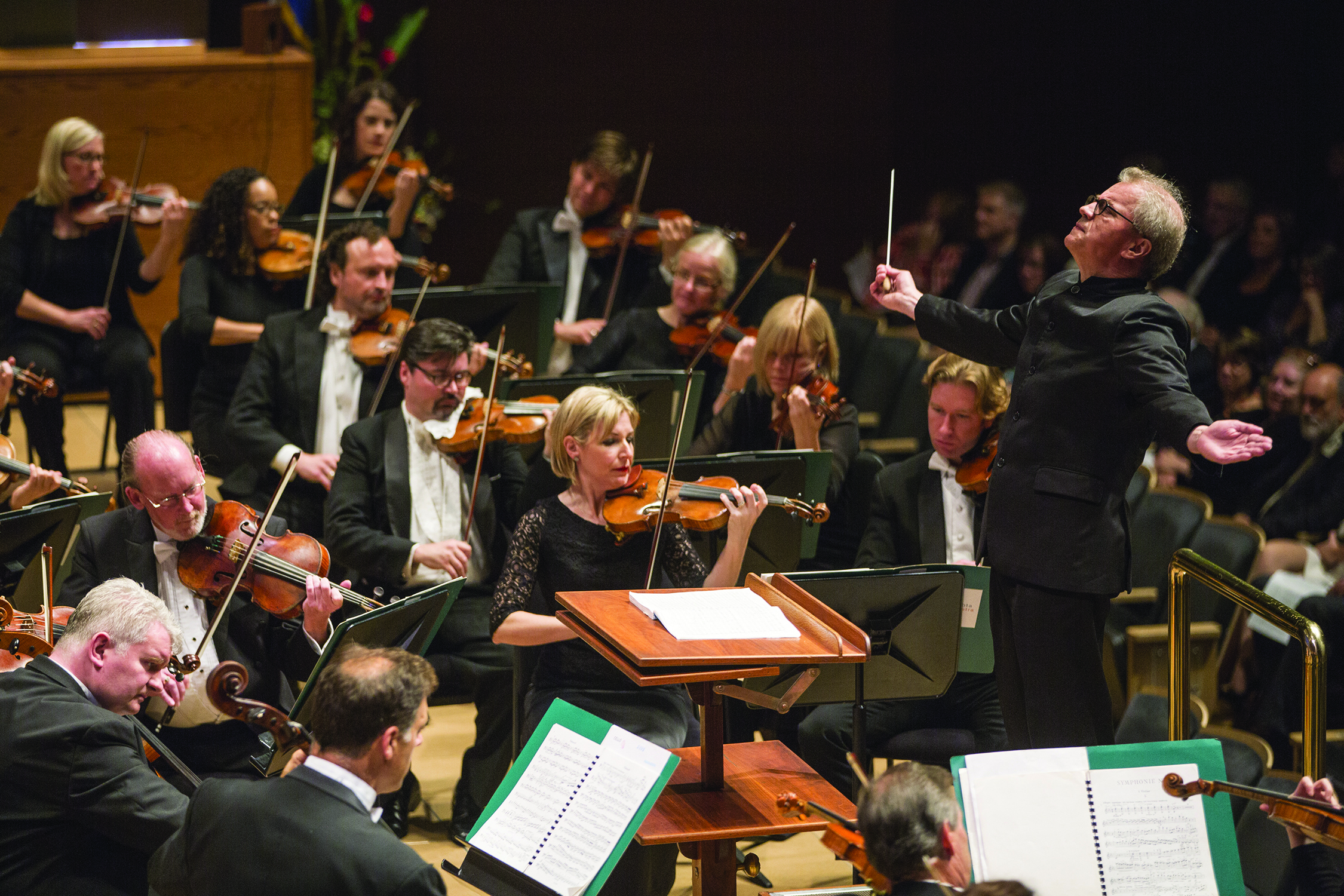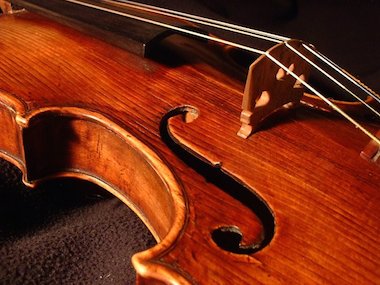Tag: Classical music
Despite station sales, classical music remains strong as format
Research shows that events in Miami and Houston aren’t a harbinger of decline.Why chamber music deserves a place on classical playlists
Some selections that argue for more frequent airplay.Minnesota Public Radio and Minnesota Orchestra open broadcast door to Cuba
As recently as a few months ago, the idea of a U.S. orchestra and pubcaster originating a live concert broadcast from Havana ...Weekly roundup: Infinite Dial, low-power FM, native advertising
And more links and news you might have missed this week.‘Sonic Logos’ and partnerships provide new branding opportunities for Boston’s WCRB
Boston classical music station WCRB has leveraged a partnership with the Boston Conservatory to compose a new branding tool: a musical logo. The ...Monday roundup: WNYC’s plans for health coverage; Mike Nichols’s pronunciation test
Plus: The debated relevance of Audience 98 in 2014, and a petition to deny Serial a day off.Friday roundup: WYPR union bid fails; stations plan to add news, cut classical
Plus: A blogger considers a classical app, and the Onion tells the truth about Ira Glass.Studies suggest classical radio may be missing out on audience growth
Researchers say stations might reach new listeners by creating apps and doing more to promote their services.Tuesday roundup: Reveal comes to public TV; new classical blogger takes the reins
Plus: A new classical station in North Carolina, and Mo Rocca's Village digs.Met reaches agreement with major unions, hopes to avoid lockout
The Metropolitan Opera has reached a tentative agreement with two of the three bargaining units representing its workers.Thursday roundup: Commercial classical wanes; Jane Seymour to host Detroit PTV show
Plus: radio from a tugboat, and a Reading Rainbow parody.Pubmedia outlets pull April Fools’ pranks
April 1 is a time for pranks and tomfoolery, and some pubcasters are getting in on the fun with web-based jokes today.Listeners who campaigned for classical music on WFIU put own interests over public service
Classical music is a big part of the cultural fabric of Bloomington. But WFIU wasn’t aiming to eliminate local music programming.KUSC broadcasting classical show from Santa Monica beach
KUSC host Rich Capparela has taken his Friday show to the beach. Starting Aug. 23, the Los Angeles classical station personality Rich ...NYPR looking to boost coverage for classical station
New York Public Radio has applied to the FCC to acquire 90.3 FM in Ossining, N.Y., from community licensee Hudson Valley Community ...







